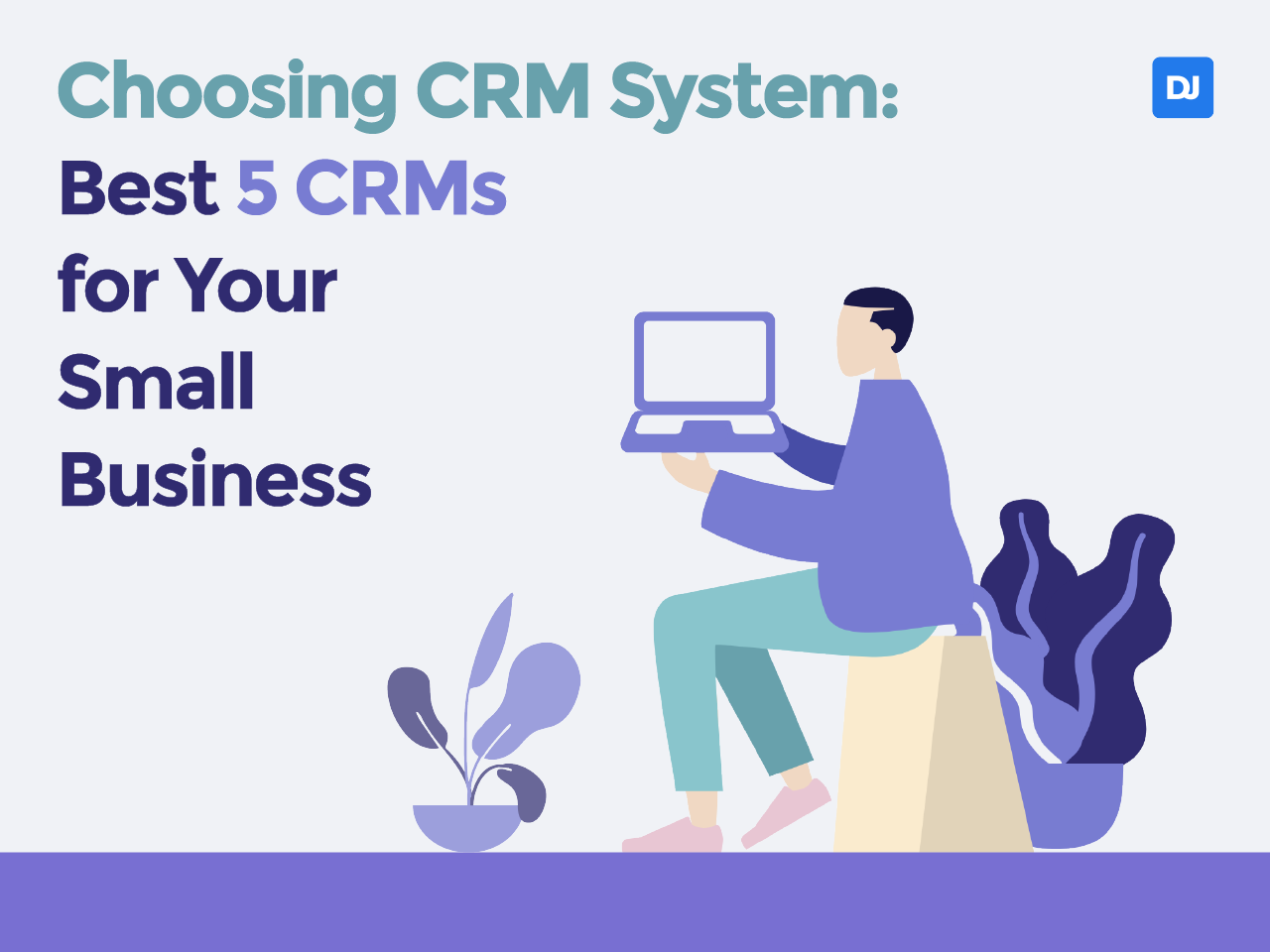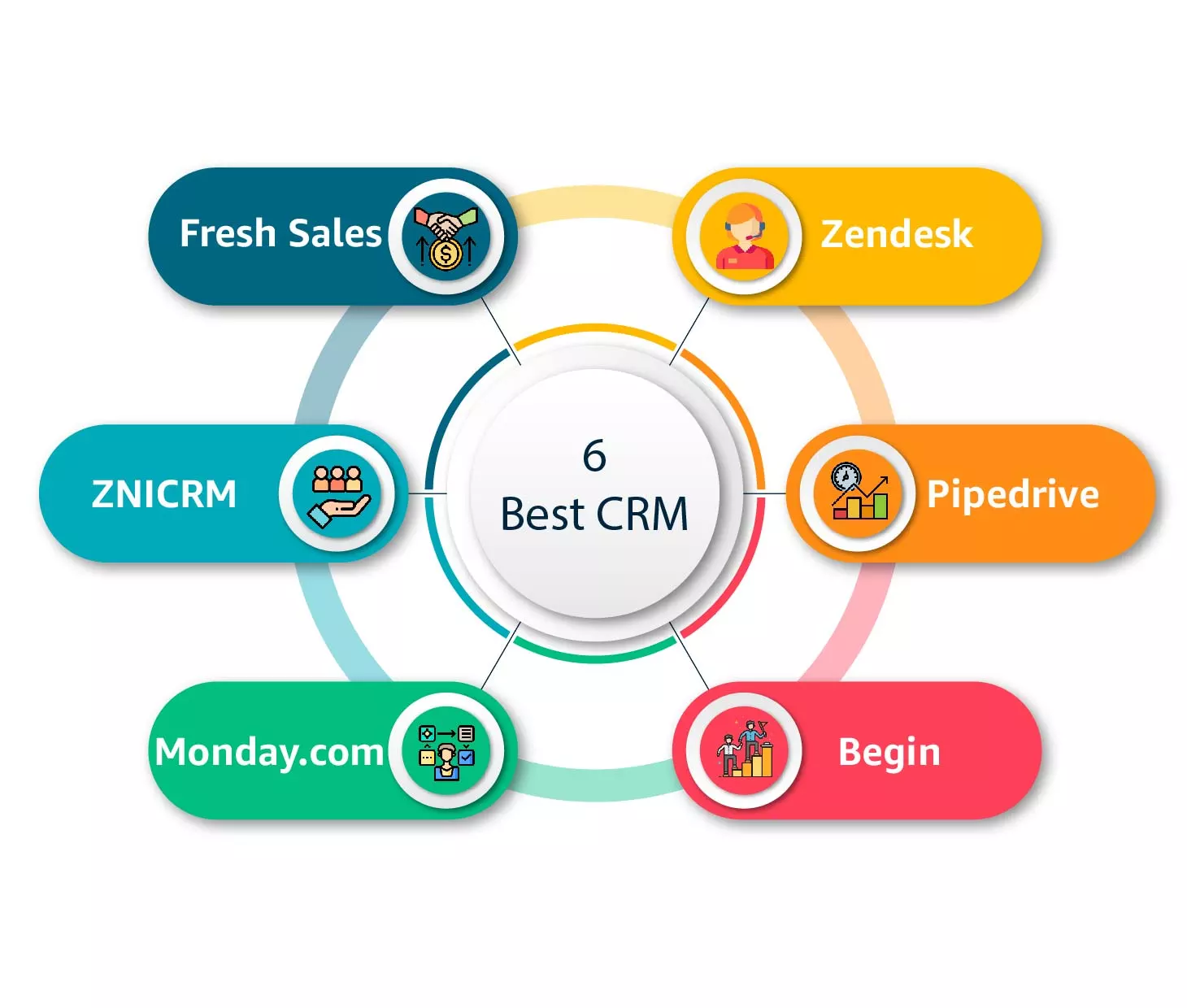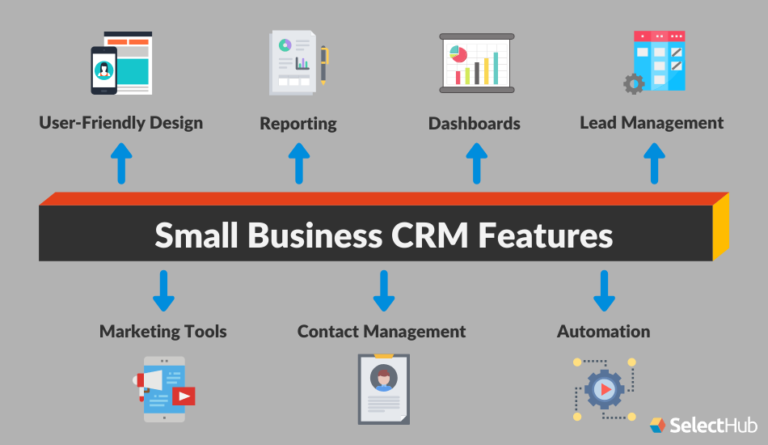Best CRM systems for small business growth: A Comprehensive Guide

Exploring the realm of Best CRM systems for small business growth, this introduction sets the stage for a deep dive into the importance, key features, comparisons, and implementation strategies of CRM systems tailored for small businesses. The narrative is designed to captivate readers from the get-go, offering valuable insights and practical advice in a casual formal language style.
Highlighting the significance of CRM systems in nurturing business growth and enhancing customer relationships, the subsequent paragraphs will delve into the essential features to consider, comparisons of top CRM systems, and practical steps for successful implementation.
Importance of CRM systems for small businesses
CRM systems play a crucial role in the growth and success of small businesses by helping them better manage customer relationships, streamline operations, and increase overall efficiency.
Enhanced Customer Relationships
CRM systems allow small businesses to track customer interactions, preferences, and purchase history. This information helps businesses personalize their marketing efforts, provide better customer service, and ultimately build stronger relationships with their customers.
Improved Efficiency
By centralizing customer data and automating tasks such as lead management, email marketing, and sales tracking, CRM systems help small businesses save time and resources. This efficiency allows businesses to focus on core activities and strategic growth initiatives.
Data Analysis and Insights
CRM systems provide valuable insights through data analytics and reporting. By analyzing customer behavior and trends, small businesses can make informed decisions, identify opportunities for growth, and optimize their marketing strategies.
Key features to look for in CRM systems for small businesses
When selecting a CRM system for your small business, it is crucial to consider key features that can help streamline processes and drive growth. Here are some must-have features to look for:
Contact Management
Contact management is essential for small businesses to keep track of customer interactions and maintain relationships. A CRM system with robust contact management capabilities allows businesses to store customer information, track communication history, and personalize interactions effectively.
Lead Tracking
Lead tracking features enable small businesses to monitor and manage potential customers throughout the sales pipeline. By tracking leads from initial contact to conversion, businesses can identify opportunities for follow-up, prioritize leads, and optimize their sales strategies.
Reporting
Reporting functionalities in a CRM system provide valuable insights into sales performance, customer behavior, and overall business operations. Small businesses can leverage reporting tools to analyze data, track key metrics, and make data-driven decisions to improve productivity and profitability.
Comparison of top CRM systems for small businesses

When it comes to choosing a CRM system for your small business, it's crucial to consider popular options like Salesforce, HubSpot, and Zoho. Each of these CRM systems offers unique features, pricing plans, and scalability options that can impact the growth of your business.
Let's compare them in terms of pricing, features, and scalability to help you make an informed decision.
Salesforce
Salesforce is a well-known CRM system that offers a wide range of features to help businesses manage customer relationships effectively. Here are some key points to consider:
- Pros:
- Highly customizable to fit specific business needs
- Offers advanced analytics and reporting tools
- Scalable for businesses of all sizes
- Cons:
- Can be expensive for small businesses
- Steep learning curve for beginners
HubSpot
HubSpot is another popular CRM system that focuses on inbound marketing and sales. Here's what you need to know about HubSpot:
- Pros:
- Easy to use with a user-friendly interface
- Offers a free version with basic features
- Integrates well with other marketing tools
- Cons:
- Limited customization options compared to Salesforce
- May not be as scalable for larger businesses
Zoho
Zoho is a CRM system that provides a comprehensive suite of business tools, including CRM. Here's a breakdown of Zoho's key features:
- Pros:
- Affordable pricing plans for small businesses
- Offers a wide range of integrations with other apps
- User-friendly interface with easy customization options
- Cons:
- May lack some advanced features compared to Salesforce
- Scalability may be limited for rapidly growing businesses
Implementing a CRM system in a small business

Implementing a CRM system in a small business can be a game-changer for improving customer relationships, increasing sales, and streamlining processes. Here is a step-by-step guide on how small businesses can successfully implement a CRM system.
Training Employees
- Provide comprehensive training sessions for all employees who will be using the CRM system.
- Customize the training to the specific roles and responsibilities of each employee to ensure they understand how the CRM system will benefit them.
- Encourage hands-on practice and provide ongoing support to address any questions or issues that arise.
Smooth Transition
- Communicate the benefits of the CRM system to employees to get buy-in and support for the implementation process.
- Assign a dedicated team or individual to oversee the transition and address any challenges that arise.
- Gradually introduce the CRM system by starting with basic features and gradually adding more advanced functionalities to avoid overwhelming employees.
Final Summary

In conclusion, this discussion on Best CRM systems for small business growth has shed light on the vital role CRM systems play in driving small business success. From identifying key features to selecting the right CRM system, businesses are equipped with the knowledge needed to thrive in a competitive landscape.
Embrace the power of CRM systems and witness your business flourish with improved efficiency and customer satisfaction.
FAQs
What are some key features to consider when choosing a CRM system?
Some key features to look for include contact management, lead tracking, reporting capabilities, integration options, and scalability to support business growth.
How can CRM systems benefit small businesses?
CRM systems can streamline operations, improve customer relationships, enhance communication within the organization, and provide valuable insights for strategic decision-making.
Which popular CRM systems are worth considering for small businesses?
Popular options like Salesforce, HubSpot, and Zoho offer a range of features tailored for small business needs, each with its own pricing structure and scalability options.

